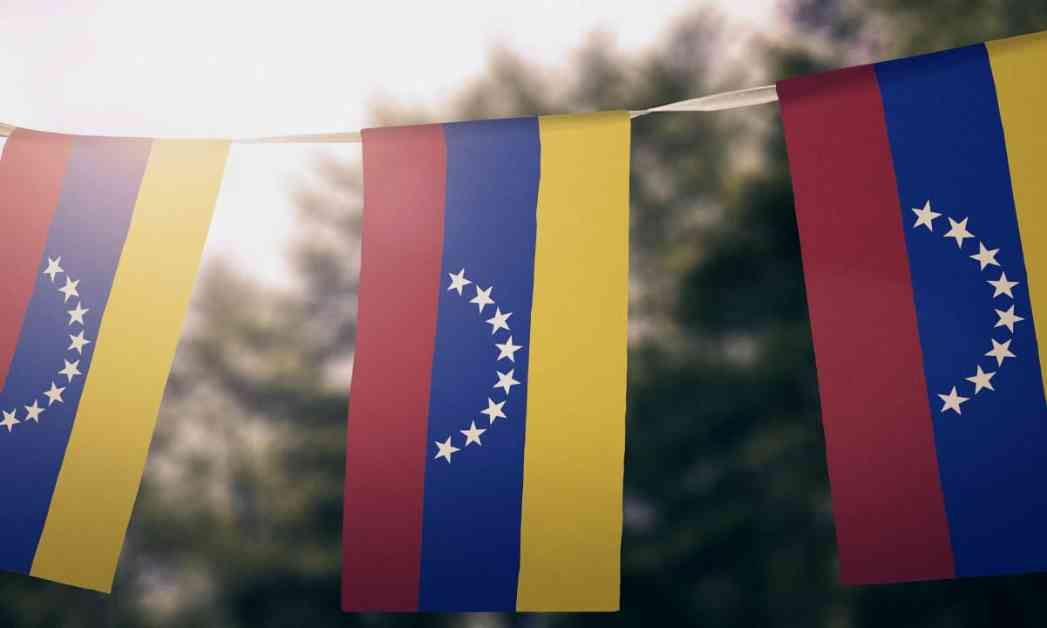Venezuelan President Maduro has been accused of using cryptocurrency to evade international sanctions, according to political critics and activists. The U.S. recently reinstated gold and oil sanctions due to Maduro’s failure to ensure fair elections. Critics are calling for stricter sanctions to be imposed on the regime.
Andrew Fierman, from Chainalysis Inc., explains that sanctioned regimes often find ways to bypass restrictions. The Venezuelan government, under Maduro’s leadership, has been exploring various methods to evade sanctions for years. A report by the Woodrow Wilson International Center for Scholars, co-authored by Venezuelan dissident Leopoldo López and Chainalysis’s Kristofer Doucette, highlights loopholes in the latest sanctions.
They emphasize the economic impact of Maduro’s alleged cryptocurrency manipulations, stating that funds that have disappeared could have helped revitalize Venezuela’s economy. The authors urge the U.S. and EU to implement stricter sanctions and call on other nations to investigate Venezuela’s use of cryptocurrencies for sanction evasion.
Chainalysis uncovered $70 million in stablecoin transfers by Venezuela’s National Superintendency of Crypto Assets and Related Activities (SUNACRIP) across various cryptocurrency platforms. Despite the introduction of the Petro cryptocurrency backed by Venezuela’s reserves to combat hyperinflation and sanctions, its practical adoption has been limited. The Petro was suspended in January amid a corruption investigation involving misappropriated funds.
In light of these findings, it is crucial for international bodies to monitor and address the use of cryptocurrencies in sanction evasion by the Venezuelan government. The implications of these actions go beyond financial transactions and have far-reaching consequences for the Venezuelan people. It is imperative for the global community to take a unified stance against such practices to uphold the principles of democracy and accountability.

